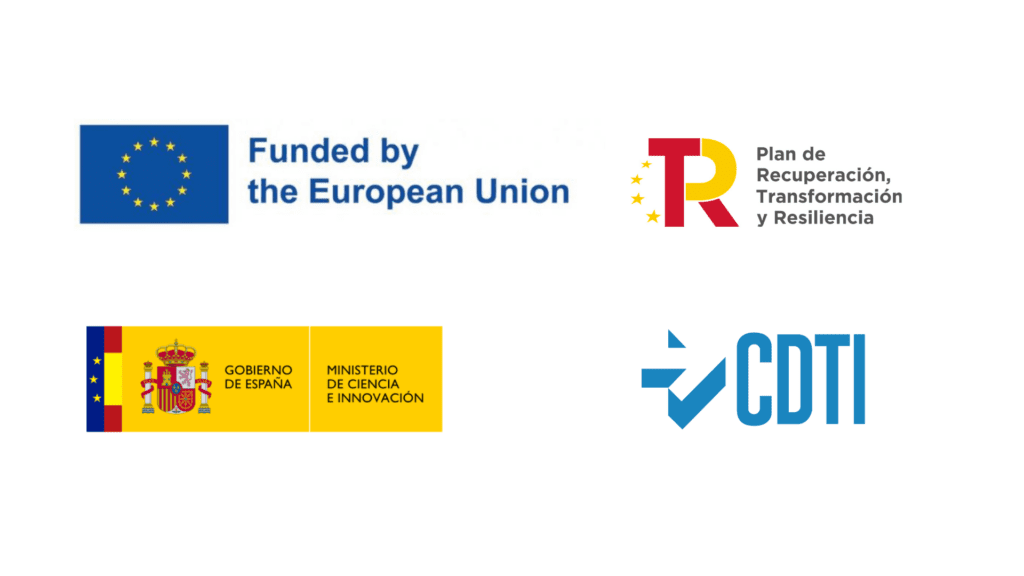

Immunonutrition studies the set of processes through which certain nutrients are able to modify the activity of the immune system and, therefore, guarantee the defensive needs of an individual at a given time.
What is the purpose of nutrition?
Deficient or excessive intakes can have negative consequences on immune status and the body’s susceptibility to pathogen invasion. And while most nutrients present in a varied and balanced diet play a crucial role in maintaining an optimal immune response, there are some nutrients and bioactive components that require more prominence because they play a key role in immune health.
The structure and fluidity of cell membranes, signaling pathways and gene expression will directly influence the functionality of immune cells.
Omega 3 fatty acids
Omega-3 fatty acids have less pro-inflammatory activity than those from the omega-6 series and provide more fluidity in cell membranes. W3 healthy fats contribute to the formation of eicosanoids with more anti-inflammatory, vasodilator and anti-aggregating properties, while having the ability to inhibit transcription factors such as TNF-a to suppress inflammatory processes.
Food sources: seeds, nuts, avocado, fish oil, oily fish, olive oil and green leaf.
Vitamin C
Ascorbic acid is essential for all cells in the body, but especially for those of the immune system. It is water soluble and has a great antioxidant action that helps infectious processes such as the common cold. Scientific studies have only shown positive effects on the duration of colds and not so much on prevention, so taking high doses of vitamin C as a preventive measure will not help much.
Food sources: red bell pepper, cruciferous vegetables, currants, asparagus, kiwi, spinach, parsley and citrus fruits such as tangerine, orange or lemon. The recommended daily intake is 90 mg/day.
Vitamin E
It is another excellent lipophilic antioxidant that is particularly important in cell membranes due to its preference for binding to fatty acids. This vitamin, unlike vitamin C, has been shown in studies with volunteers over 65 years of age to prevent the common cold. Watch out for mega doses, as excess can be stored and have effects contrary to those desired.
Food sources: avocado, olive oil, eggs, nuts, whole grains and seeds. The recommended daily intake is 15 mg/day.
Polyphenols and flavonoids
Polyphenols and flavonoids have antioxidant, anti-inflammatory and enzyme-regulating activity, modulate the intestinal microbiota and cell signaling. They are absorbed in the intestine and utilized by the microbiota, which will produce beneficial metabolites and, at the same time, the microbiota will also modulate. Polyphenols can inhibit or promote the growth of certain bacterial groups. A large number of immune cells are found in the digestive system, so if the intestine is in good condition, the immune system is more likely to be strengthened. In this sense, pre- and probiotics also support the balance of the bacterial ecosystem. Read more about the good side of bacteria here.
Food sources: grapes, strawberries, blueberries, blackberries, raspberries, cocoa, tomatoes, onions and garlic.
Micronutrients
Some of the most important are iron, copper, selenium and zinc. Each of them participate in intracellular antioxidant enzymatic mechanisms to prevent the formation of free radicals. Some of the most important enzymes are catalase, glutathione peroxidase and superoxide dismutase. None of these enzymes can function without their corresponding micronutrient.
Food sources: Brazil nuts stand out for their high selenium content, seafood and other animal sources contain good amounts of zinc and copper. Iron is a mineral that is easily found in most foods, with a distinction being made between heme iron -more related to those of animal origin- and non-heme iron -more related to the plant kingdom-.


